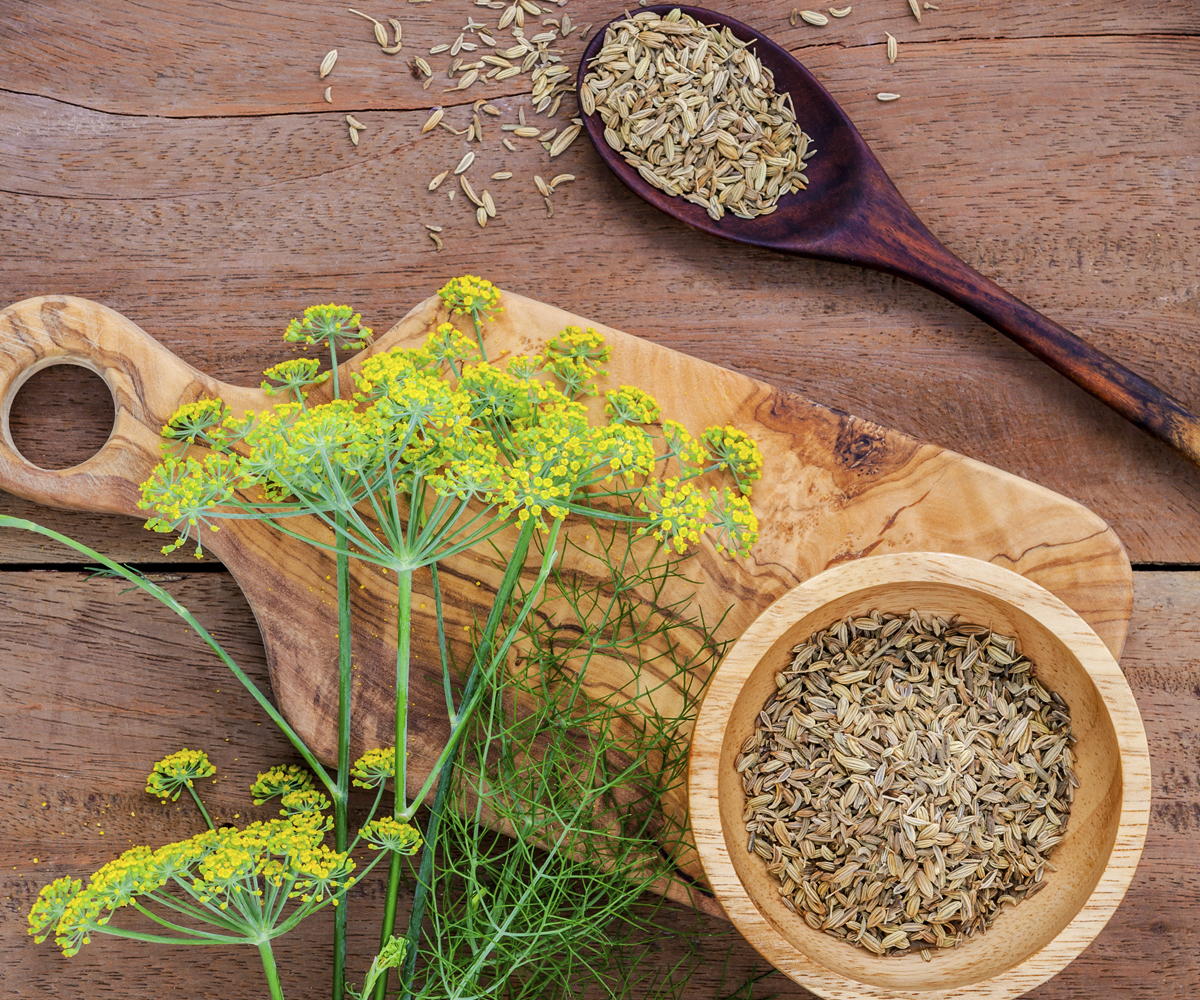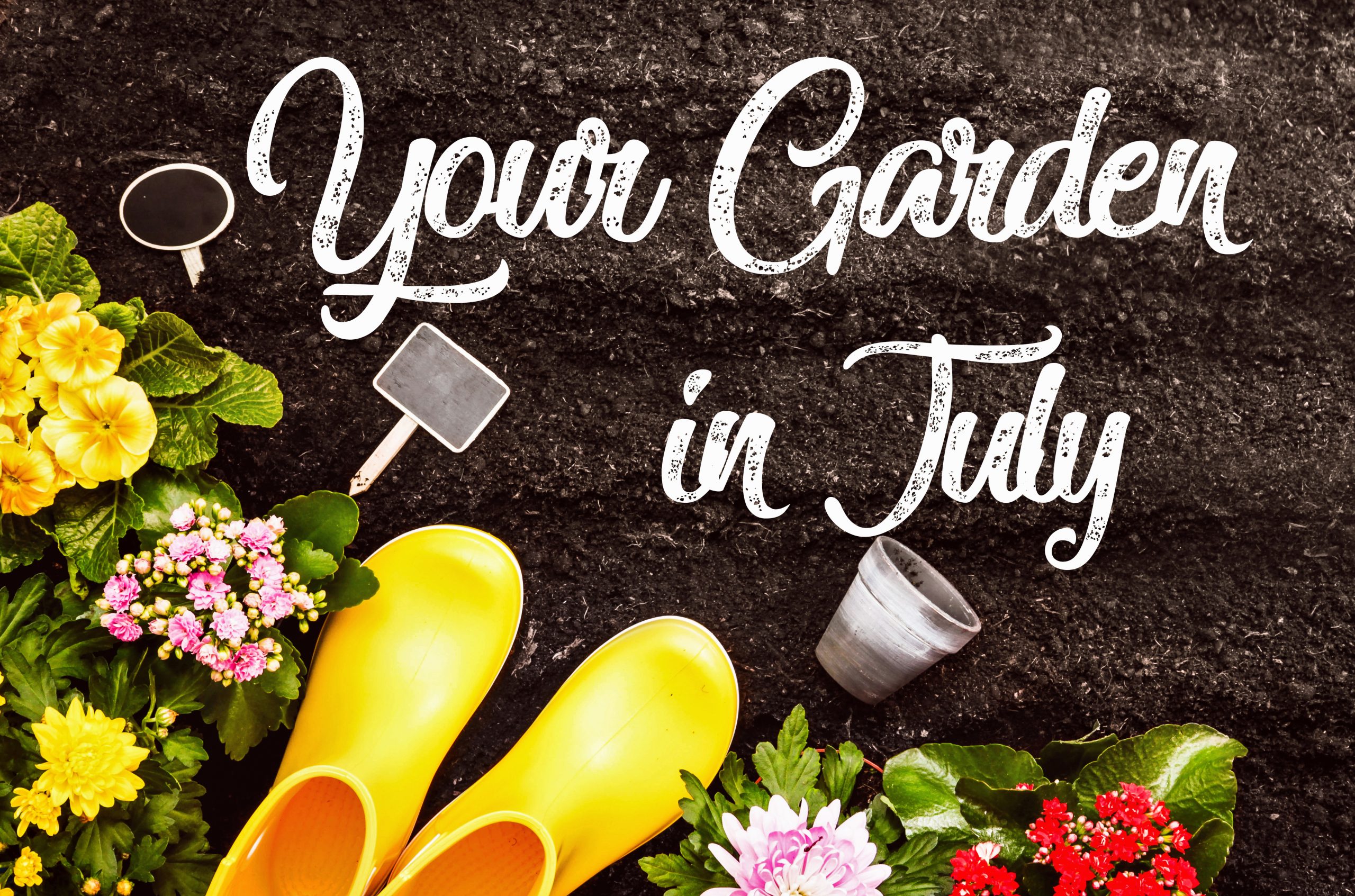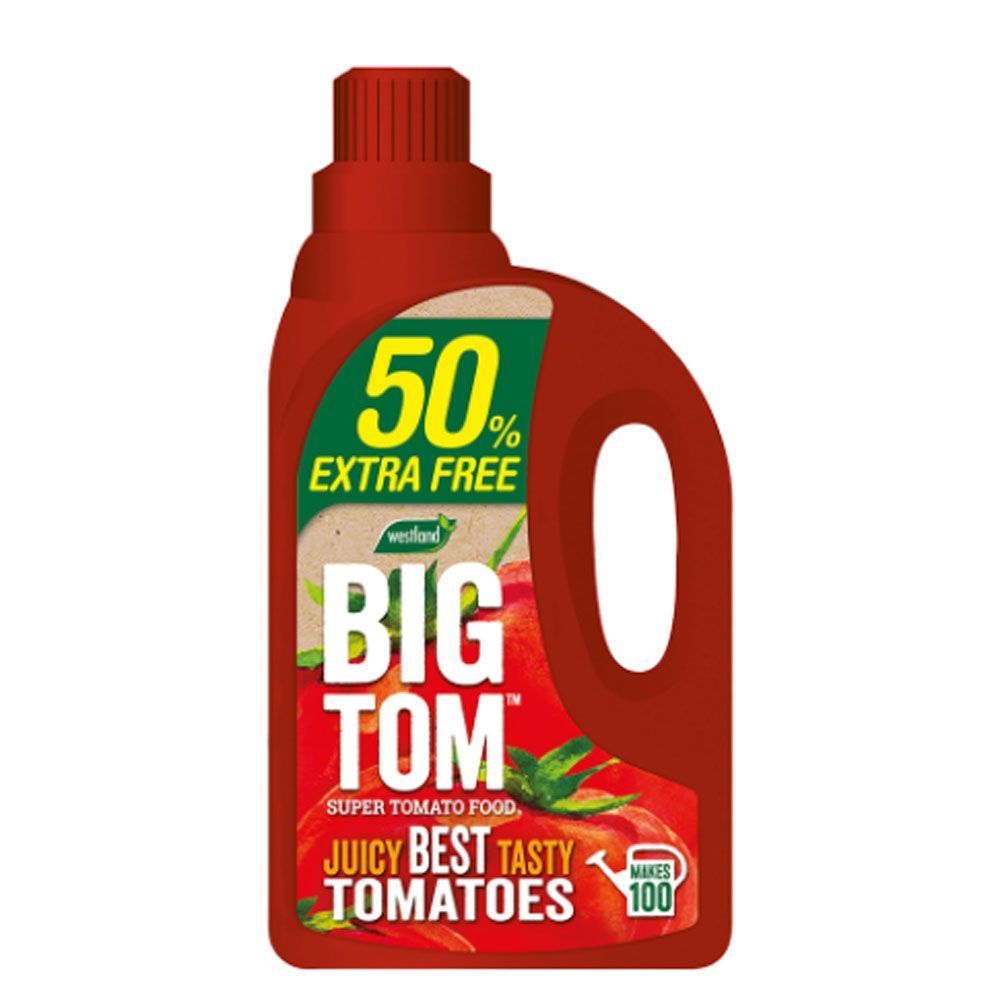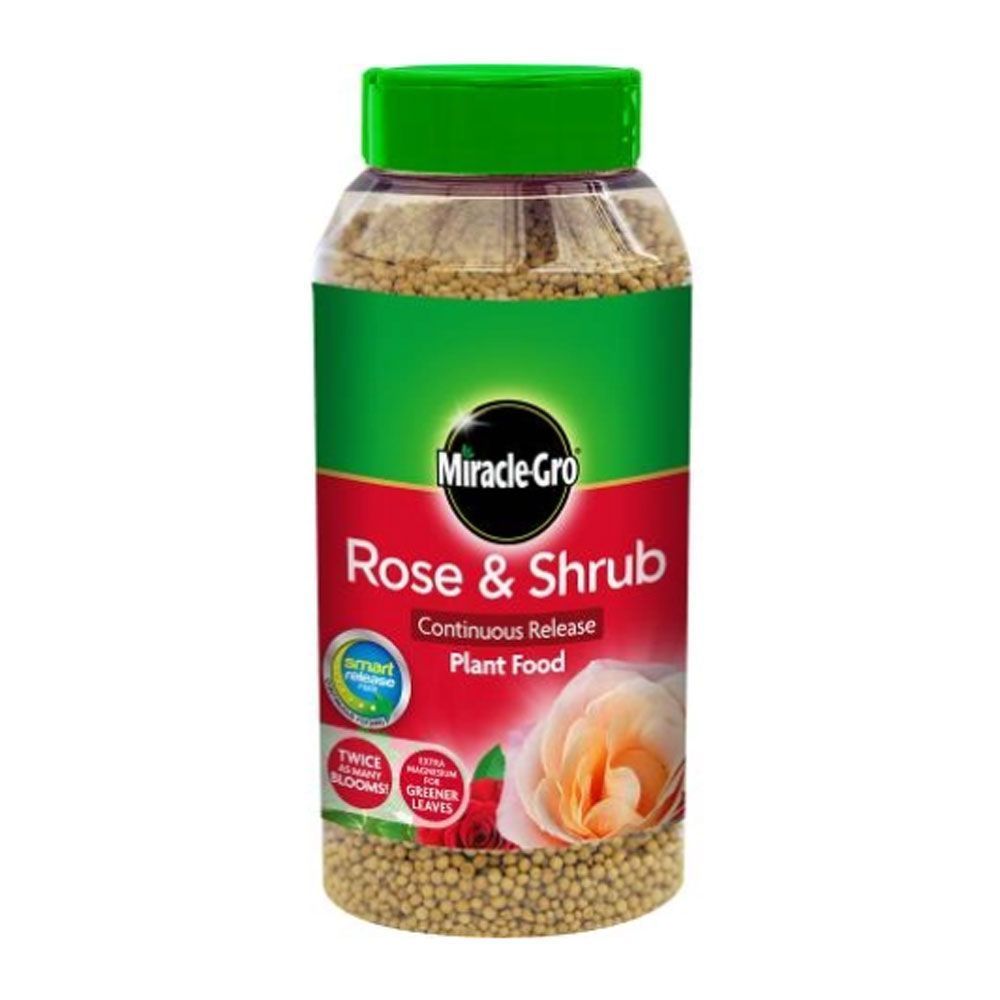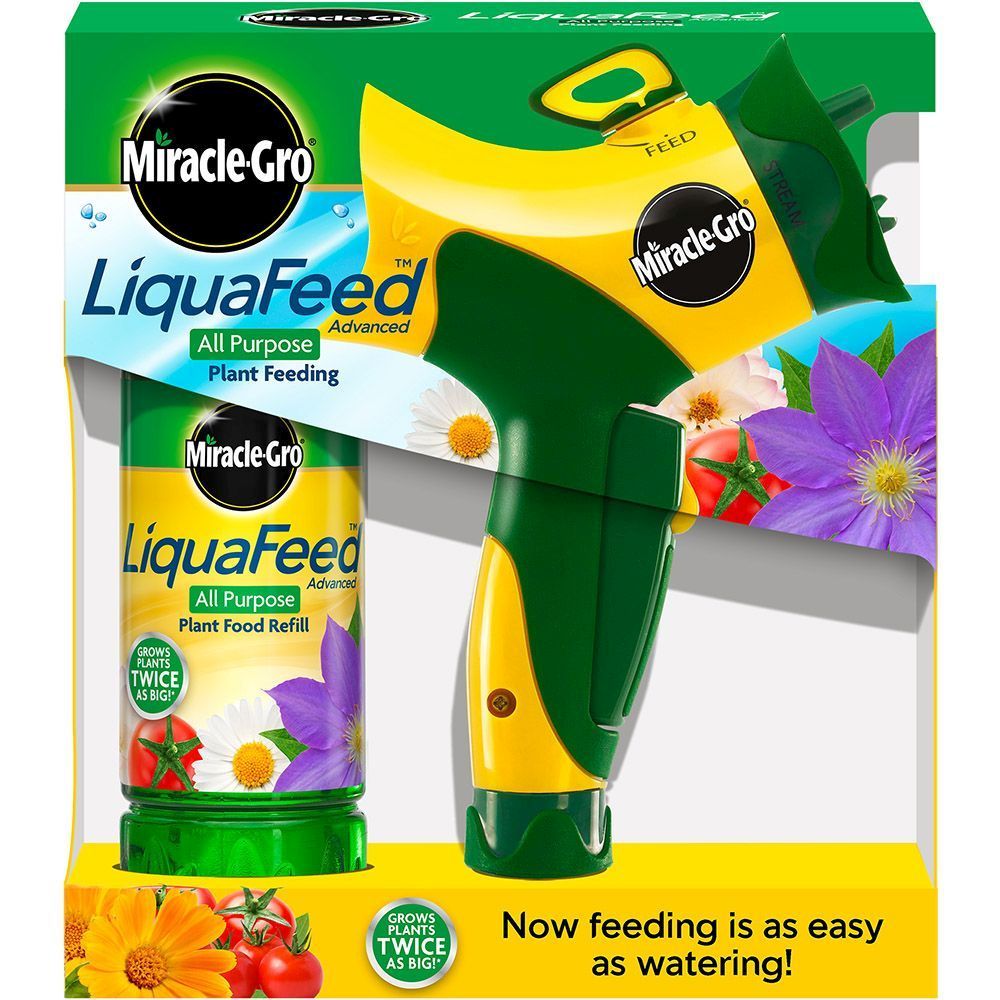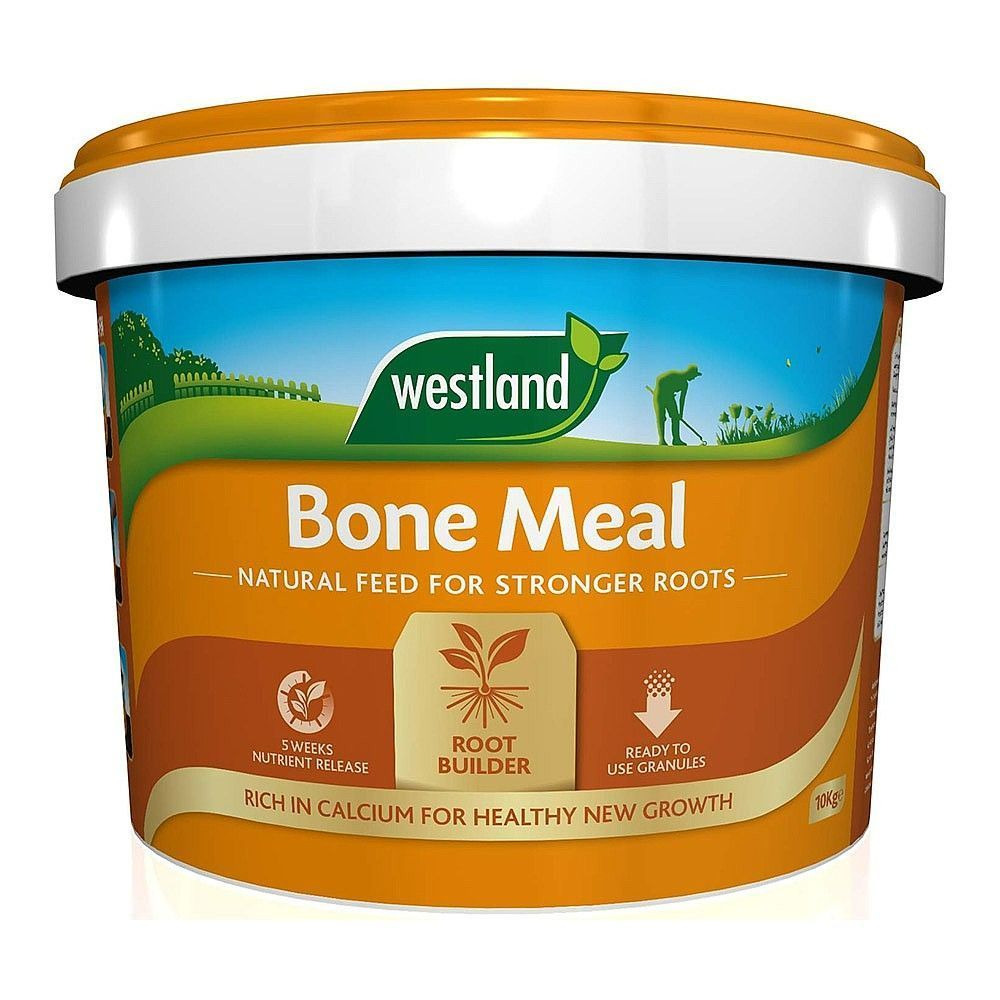Your Garden in July
July is the month of harvest and maintenance.
Taking care of your garden during the summer heat is essential and many of your early spring/late winter crops will be ready to harvest for you to enjoy.
It is also the perfect time to start using your recycled and collected rainwater to water and nourish your garden now the weather is getting warmer. Using recycled water is eco-friendly and particularly helpful during any summer droughts. Rainwater is actually much better for your plants too, it is naturally soft and rich in nitrogen which plants love and need! Your grass, plants and crops all feel the heat and to ensure they don’t dry out or die you must water them regularly either at the start or end of the day. Ensure the weather has cooled down before watering, this is because if you were to water at the hottest point of the day, you could potentially scorch plants foliage and spoil your efforts!
Pruning
Certain crops such as pumpkins, squash and tomato plants need regular ‘pinching out’ pruning. This enables all the energy from the roots to go to the fruit of the plant instead of the vines and leaves. This can lead to a more bountiful crop growth by the end of summer. Not only that but it also allows the plant to stay healthy as it improves airflow and nourishment throughout the plant. Pruning also allows for the removal of any dead or diseased parts of the plant, which could potentially compromise it.
Tomato plants are particularly important to maintain and pinch out. To stop cordon tomatoes, remove the main shoot by cutting the leaf above the fourth truss. This will ensure the fruit continues to grow and ripen throughout its season.

Plant Maintenance.
Maintaining plants and ensuring they’re healthy is crucial for them to reach their full potential, including crops. Between the rain, in May and the heat in June, a perfect climate has been created for weeds to sprout and continue to grow. Weeds can quickly over take your garden and smother plants from the light and nutrients they desperately need to thrive. Regularly check your plants for weeds and aphids as both will feed on the plant’s water supply and sunlight
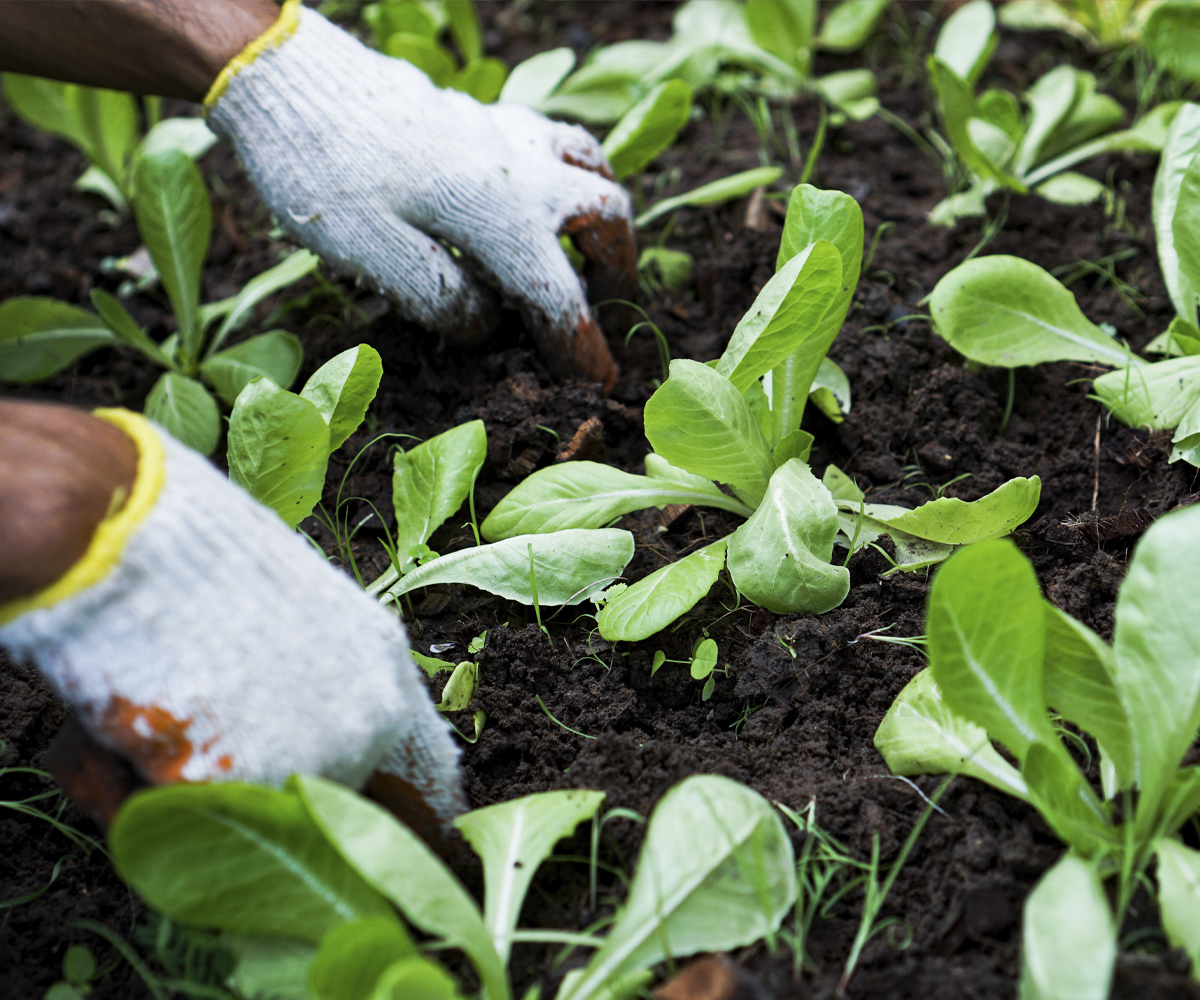
Feeding and fertilising.
When growing plants in containers they will be more likely to run out of nutrients and water during the summer months, much faster than your borders and beds. To keep on top of this, along with regular watering, feed them every one or two weeks with a liquid feed or slow release granules. Liquid feed is faster acting as once it is diluted with water, it’s ready to go. Granules need sprinkling on the surface of the soil and hoeing in, this then allows them to dissolve, once watered. Every time it rains also releases more nutrients into the soil, with no extra effort from you.
Lack of water will be obvious as plants will show signs of limp leaves and yellowing of foliage. Most of the time plants can be salvaged when at this stage, so do not fear! Give hanging baskets, pots and planters a good drink and keep a close eye on them. If very dry they will need watering before you add any fertiliser as fertiliser is best added when the soil is moist already, we don’t want any scorched plants!
Feeding and fertilising products are available at your local British Garden Centre or shop online.
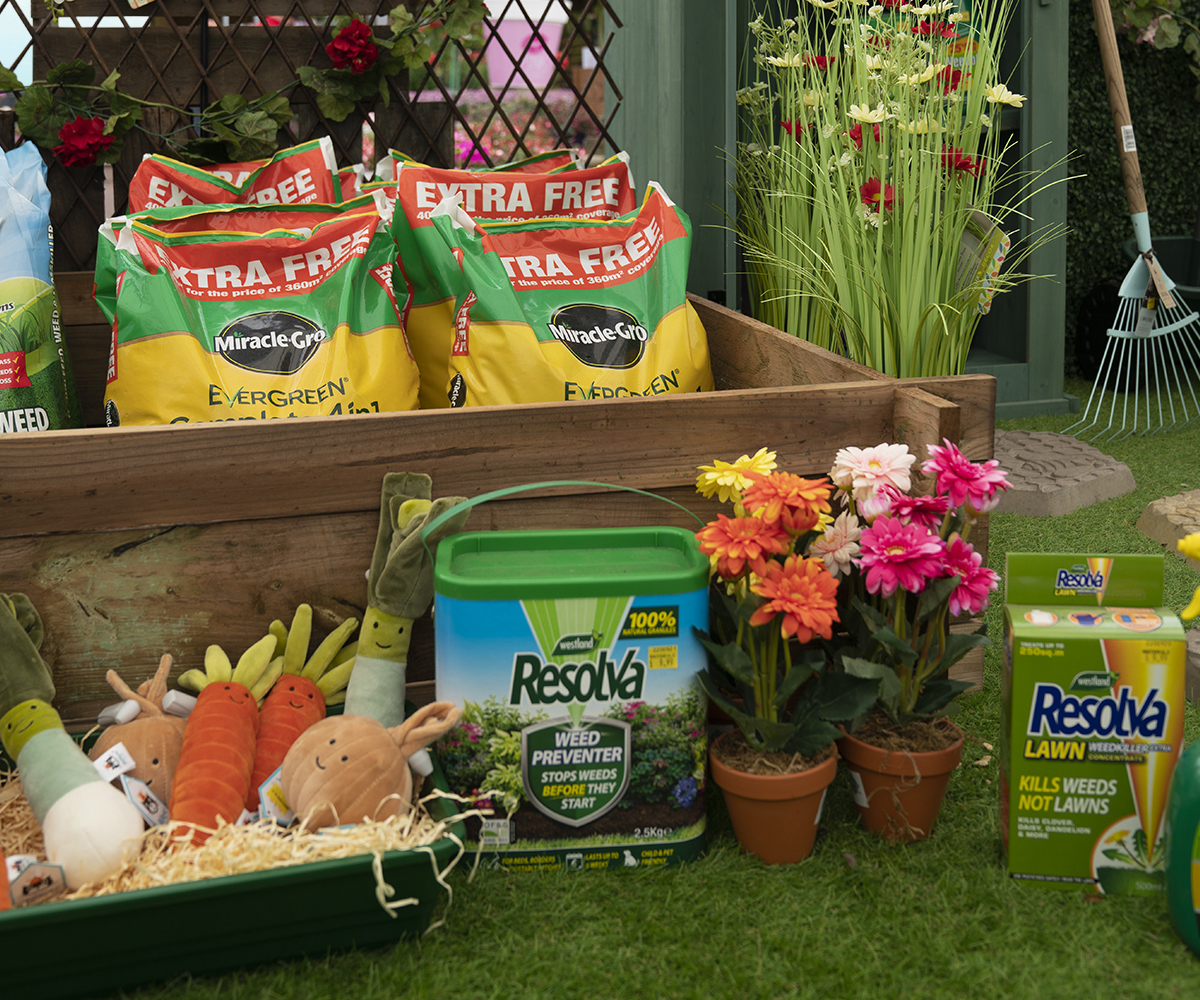
Harvesting
This month you will be able to start harvesting some of the spring crops you have grown. Many plants will be visibly ready as you will be able to see the crops grow and ripen in the sun.
Potatoes, carrots, berries, onions, beans, and many more will now be ready to harvest. Often you can tell your crops are ready to harvest by their size but for crops growing under the soil, such as potatoes, their leaves are the best indicator. When the potatoes are ready, the leaves start to turn yellow. The same goes for onions, their green foliage will start yellowing and falling over. Watch your plants closely over the coming weeks to know exactly when it is time!
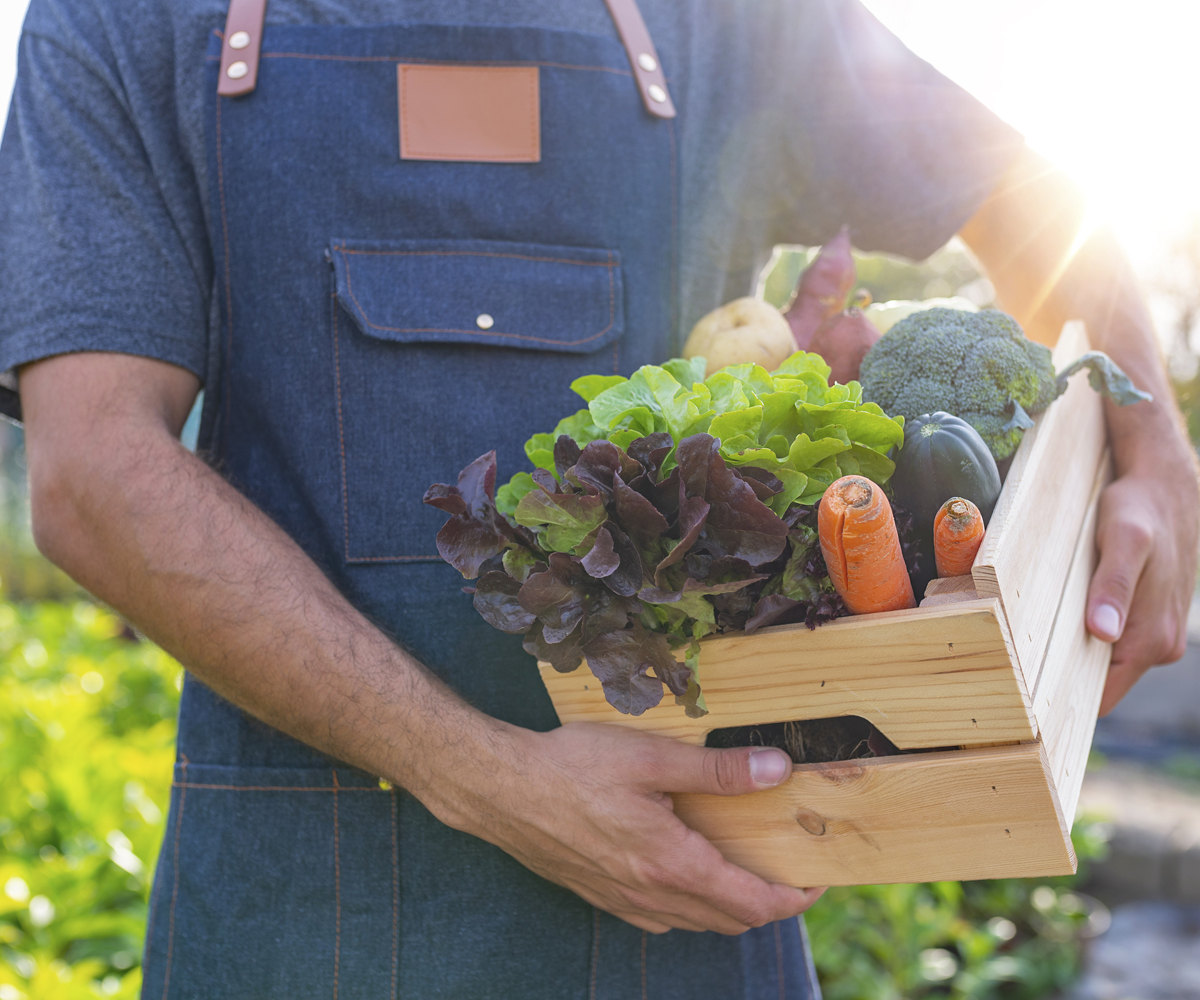
There are many great crops to sow in July, it’s also a great time to prepare any winter crops. Spring cabbage, turnips, oriental vegetables, fennel, and winter salads are all great crops to sow this month.
The warm summer conditions will nourish and yield the crops to survive in the autumn and winter before their harvest in early 2024. The picture above shows what fennel seeds look like before and in their flowering state, quite an eye-catching plant, not to mention tasty when harvested!
Visit your local British Garden Centre or shop online for your grow-your-own essentials. Find out more about growing your own on our Britain Get Growing Campaign page.
